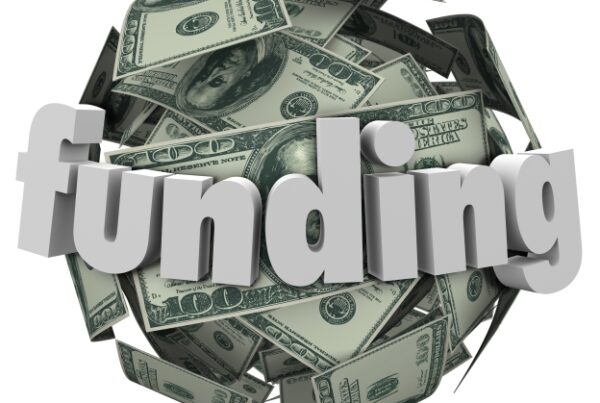
Companies face cooling inflation but elevated wage growth amid a slowing economy with recession unlikely.
In a Strategic Finance Lab podcast you can listen to on Apple and Spotify, Fitch Ratings’ head of US Regional Economics Olu Sonola paints a relatively positive picture of the economic outlook in 2024, thanks in large part to the strength of the US consumer and declining inflation.
- “The balance sheet of the US consumer is very, very strong,” he tells NeuGroup Peer Group leader Andy Podolsky in the podcast recorded in December 2023 and sponsored by Fitch.
- This week, Fitch raised its annual real consumer spending forecast for 2024 to 1.3% from 0.6%, “reflecting the ongoing willingness and ability of consumers to draw down buffers of excess savings.”
Mixed picture. That said, Mr. Sonola forecasts that both consumer spending and US GDP growth will slow this year from 2023, with negative implications for corporate revenues, especially for companies whose customers are on the lower end of the income scale, he explains in the podcast.
- And although inflation will slow, companies will not have the same ability to pass on higher costs, he said. Combine that with wage growth that Mr. Sonola says is “still elevated” as well as higher interest expense but lower investment yields and corporates will see an erosion of margins this year.

Along with recession, NeuGroup members surveyed in 2023 cited high borrowing costs as one of the top risks for this year. Those fears have tempered as a so-called soft landing for the economy appears more likely. But don’t expect the Fed to cut interest rates in March, Mr. Sonola said. Fitch forecasts cuts in the middle of the year, with the federal funds rate declining 75 basis points to 4.75% by the end of 2024.
- But he expects highly-leveraged companies with lower credit ratings will need to refinance debt sooner than investment-grade corporates, meaning they “are going to be much more exposed to a higher rate environment,” noting that rates remain significantly elevated compared to three years ago.


